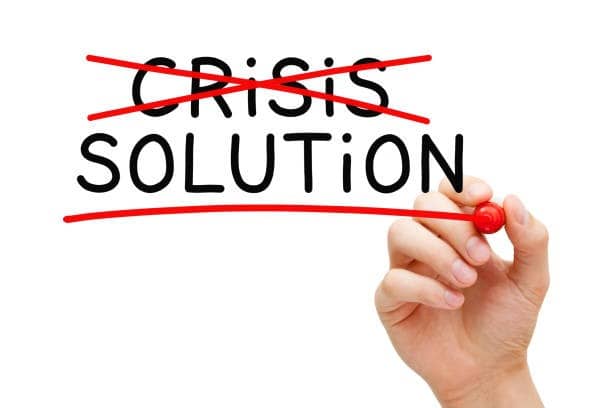
Planning is no longer a buzzword. It is an essential tool to achieve the desired results for professional and personal goals. I am sure all of us have experienced the fruits of planning. We are often told to keep a Plan B in place. What does this mean? Plan B is the “Back-up” Plan or Contingency Plan and the objective to have one is to design our response when things do not move in expected ways.
There are various schools of thought, debates, and research on whether we should or should not have a Plan B. Few people advise not to have a second option in place, as we are planning for failure and taking focus away from the primary goal. On the contrary, few people suggest that successful people are those who are good at crisis management. In the business context, whether to have a Plan B or not, would be a consultative approach of senior executives. On a personal level, the choice lies with an individual.
I believe in having a backup stategy for important decisions that would have a long-term impact. Having said that, the important question is when to activate Plan B. Consider these situations to shift from the original to the backup plan:

- Results of the primary plan as not as expected.
- Challenges and obstacles beyond our influence.
- Unexpected sudden business situations e.g. Reshuffle on the board of directors, pandemic situations, etc.
- Change in resources available for primary plan i.e financial, people, technology, regulations, etc.
- Changes in external conditions i.e. market, social and economic shifts.
Benefits of having a Plan B in place:
Contingency schemes provide great help when there is a need to pull back from primary mode to the safe option. It provides flexibility, resilience, and benefits mentioned below.
- You don’t compromise on the strategic thinking : Our thinking is clear and creative when our mind is calm and relaxed. When we brainstorm on alternatives in a neutral environment, we retain the the focus on strategic thinking.
- Maintains focus on responsive mode : Abrupt changes invoke a reactive way of working, which generally is a knee-jerk reaction, emotional, and less thoughtful. When we keep our options ready, there is a positive probability of maintaining a responsive mode of working which is balanced, thoughtful, and rational.
3. Effective crisis management and business confidence remain stable : External stakeholders i.e. customers, investors, suppliers, and third-party partners expect that the company should be able to manage a crisis effectively and efficiently. Having a second option in place helps in better response to crisis management.
4. Relationships are better managed : Interpersonal relationships stress out to a great extent during uncertain and ambiguous business situations. Plan B plays an anchoring role and helps to reduce strain.

5. Lowering stress and anxiety levels : Research has proved that planning was the single most powerful method for reducing stress because it prevents tensions from building up in the first place. Cognitive planning reducing arguments, conflicts and can help us to navigate problems in a better way!
On a concluding note, reflect on your working style and preferences from a planning perspective. You may be working either only on Plan A, both – Plan A and Plan B, or a hybrid model adopting either of the options. Next time you choose to have a Plan B for your decisions do observe their pros and cons and keep learning and growing!
Happy reading!
